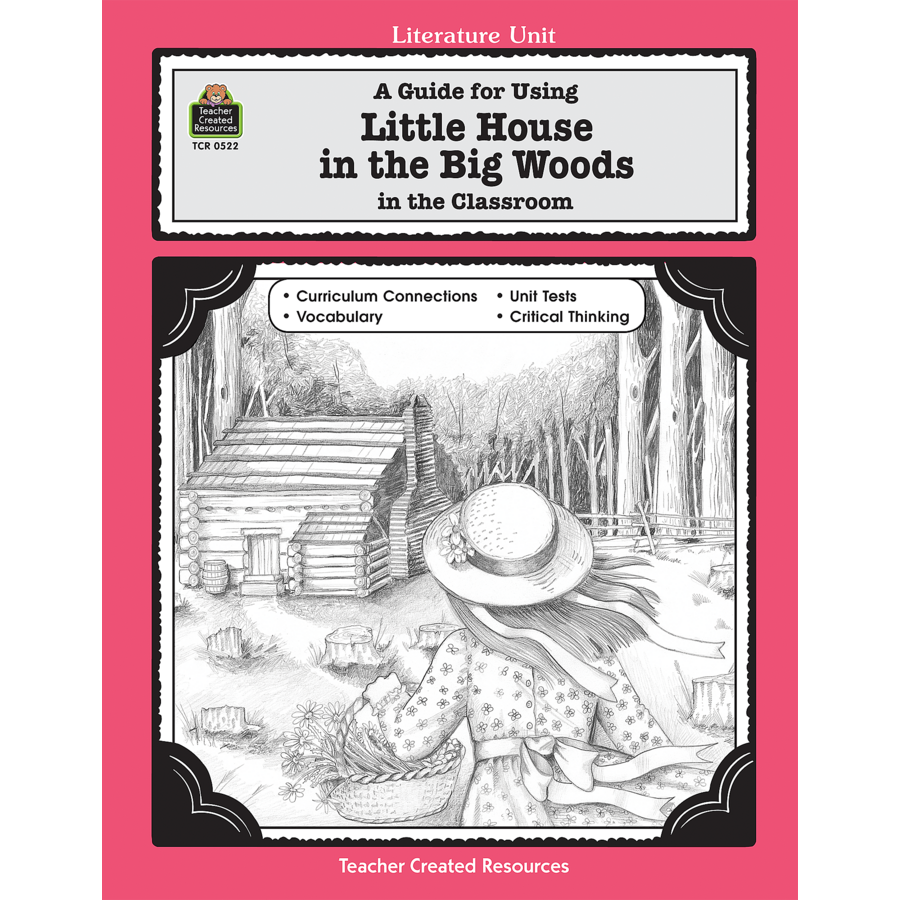
 There are several of instances of harmful Christianity at work. There are several instances of parents beating their children, forcing gender norms on children, and one of the songs Pa sings, Uncle Ned, is particularly racist. The book serves as a reminder of just how acceptable child abuse and racism were, not just when Laura was a child, but even as an adult when the book was published. The initial wood-block illustrations by Helen Sewell don't really fit a children's book. I wish the book included sheet music because there are several songs I'm not familiar with, and would like to know the tune. Through most of my life, I assumed that this book was an accurate memoir of the childhood of Laura Ingalls, but I was disappointed to learn that portions of the book were modified to be more interesting or made up entirely. The charcoal illustrations by Garth Williams are fantastic. I enjoy the inclusion of songs throughout the book. It's such an alien world of manual labor devoid of electricity and plumbing. I really enjoy all the descriptions of frontier life in the late 1800s including how food was prepared, how chores were done, and how children played. The book is all about how a five-year-old girl sees the world through play, pretend, and minimal responsibilities, but also all the dangers and fears. Wilder successfully captures the world view of a small child. The book remains interesting from cover to cover. Even though it uses a very basic writing style, I still appreciate it more than any other book in the series.
There are several of instances of harmful Christianity at work. There are several instances of parents beating their children, forcing gender norms on children, and one of the songs Pa sings, Uncle Ned, is particularly racist. The book serves as a reminder of just how acceptable child abuse and racism were, not just when Laura was a child, but even as an adult when the book was published. The initial wood-block illustrations by Helen Sewell don't really fit a children's book. I wish the book included sheet music because there are several songs I'm not familiar with, and would like to know the tune. Through most of my life, I assumed that this book was an accurate memoir of the childhood of Laura Ingalls, but I was disappointed to learn that portions of the book were modified to be more interesting or made up entirely. The charcoal illustrations by Garth Williams are fantastic. I enjoy the inclusion of songs throughout the book. It's such an alien world of manual labor devoid of electricity and plumbing. I really enjoy all the descriptions of frontier life in the late 1800s including how food was prepared, how chores were done, and how children played. The book is all about how a five-year-old girl sees the world through play, pretend, and minimal responsibilities, but also all the dangers and fears. Wilder successfully captures the world view of a small child. The book remains interesting from cover to cover. Even though it uses a very basic writing style, I still appreciate it more than any other book in the series. 
It was the first book of any length that I read completely by myself, and I've since read it about a dozen times and listened to an audio book recording as well.

I also remember it being part of the reading material for a grade school class (2nd, I think) though I wasn't at a high enough reading level to read it. This has been a cherished book of mine ever since my mother read it to my siblings and me as a child. Paperback / Audiobook read by Cherry Jones.







 0 kommentar(er)
0 kommentar(er)
